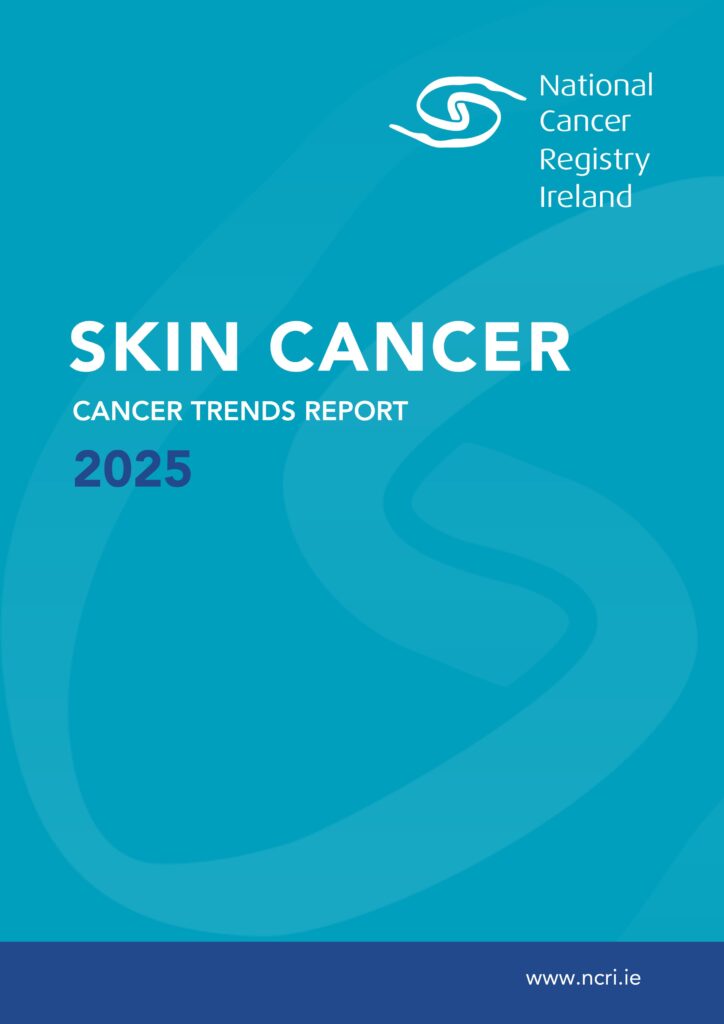The HSE’s Dermatology Clinical Programme has progressed with two new peripheral dermatology clinics which have opened at Midland Regional Hospital Tullamore, Co. Offaly and Mallow General Hospital, Cork.
Peripheral clinics (that is, those outside the two main hub medical centres) offer dermatology services locally to areas while still being part of, and integrated with, the main hub hospitals.
Skin disease is extremely common. In Ireland, 54% of the population is affected by skin disease annually with up to 33% of people at any one time having a condition that would benefit from medical care.
The positive news will mean that those living long distances or locations that are inaccessible to them from the main dermatology hospitals/clinics, can travel to one of the local peripheral clinics and be seen by a Consultant Dermatologist for their skin condition preferably nearer their locality.
- Dr Kevin Molloy, Consultant Dermatologist at Tallaght Hospital will head up the peripheral clinic in Tullamore.
- Dr Oonagh Molloy, Consultant Dermatologist at South Infirmary, Victoria University Hospital (SIVUH), Cork will run the clinic in Mallow, Cork.
Bringing Care Closer to Home
The Dermatology Clinical Programme says that it is committed to providing standardised care to patients irrespective of where they present. To support this geographical equity, services are designed in a Hub and Spoke Model, each dermatology department provides peripheral clinics in smaller local hospitals to facilitate patients attending closer to home. The following services are provided:
- Galway University Hospital to Mayo University Hospital and Portiuncula#
- Limerick University Hospital to Ennis Hospital and Nenagh Hospital
- South Infirmary Victoria University Hospital to Kerry General Hospital, Bantry Hospital and Mallow Hospital
- Waterford University Hospital to South Tipperrary /Clonmel Hospital
In 2022, over ten percent of patients referred to a dermatology service will be seen in a service closer to their home. This is particularly important for older patients and those without good transport links.
For more information, visit our booklets and leaflets page. If you need help or guidance about managing your eczema, contact the ISF Helpline here.












